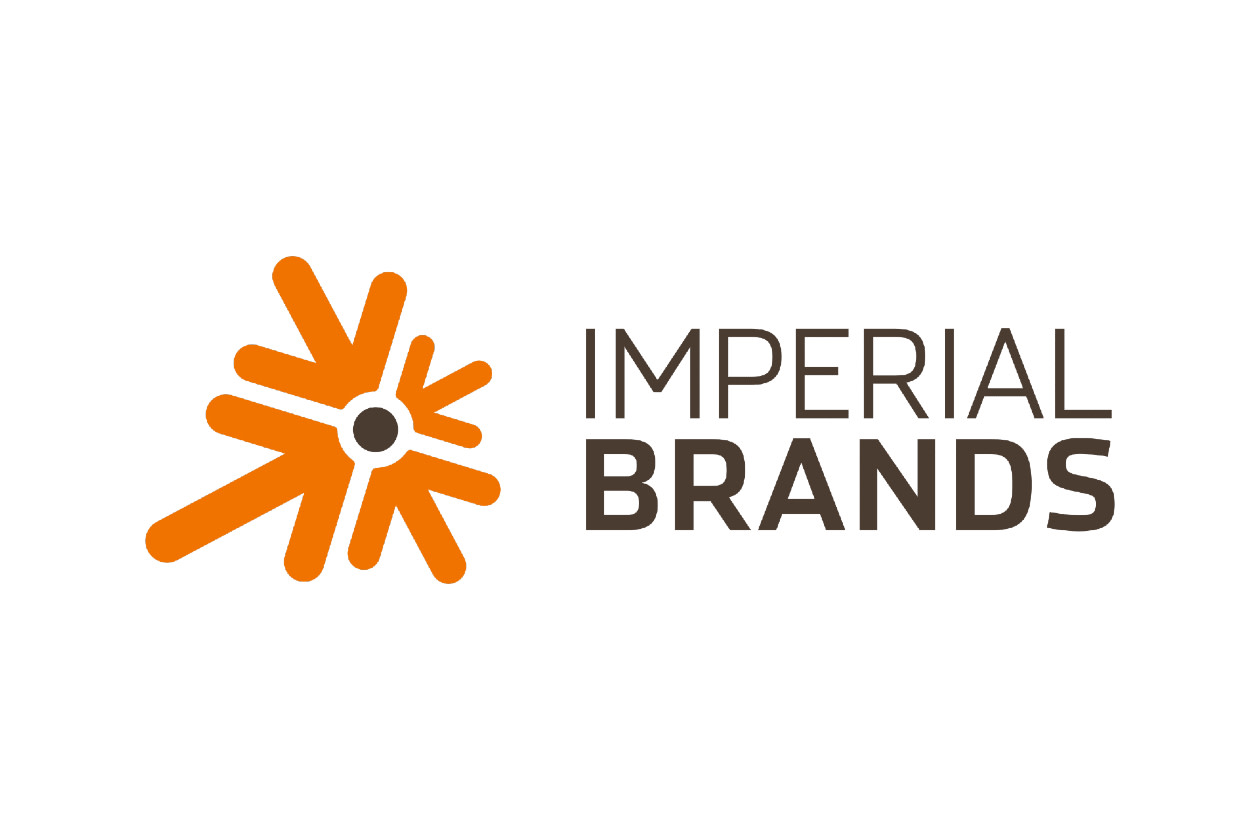Imperial Brands' underlying half-year net revenues (tobacco and New Generation Products) increased 2.8% to £3.6bn, ignoring the effects of currency movements. Tobacco prices were up 8.6%, more than offsetting a 6.3% fall in volumes. Revenue from Next Generation Products grew 16.8% to £125mn.
Underlying operating profit also rose by 2.8% to £1.7bn.
Free cash outflows worsened from £432mn to £523mn. At the period end, underlying net debt rose by £0.3bn to £10.1bn.
The first half saw £0.6bn of share buybacks, with about £0.5bn expected in the second half.
There were no changes to full-year guidance , which calls for low single-digit net revenue growth.
The shares were up 1.6% following the announcement.
Our view
Imperial Brands’ first half delivered the strongest organic growth in over a decade, despite continuing industry challenges. The company generates most of its revenue from traditional cigarette labels such as Lambert & Butler, and John Player Special. Increasing regulatory pressure and changing consumer preferences towards healthier lifestyles, means this isn't an easy place to be. Industry volumes are continuing to head downwards.
But the nature of selling an addictive product means Imperial's been able to put through big price increases to offset lower volumes. Combined with impressive cost savings, that means profits are holding up.
At the halfway mark in the financial year, Imperial looks well set to deliver more of the same in 2024. But tobacco companies can't fight the tide forever. If volume declines continue at this pace, growth in combustible sales won't be sustainable for long.
That's why the entire industry's jostling for position in the up-and-coming Next Generation Products (NGPs) market, including products like heated tobacco and vapes.
It's not been an easy start for Imperial. A more focused approach to the NGP portfolio is starting to bear fruit. But these products are still a relatively small part of the picture. It's too early to say if they can be a viable replacement for the shrinking tobacco business. First, we will need to see several years of high double-digit growth and demonstratable evidence of sustainable profit margins. Another risk to the success of NGPs is the increasing attention they are receiving from regulators.
The group boasts an impressive record of cash generation. The first half cash outflow reflects seasonality in the business. The outlook for cash inflows over the full year is positive, and underlying net debt is expected to fall to the lower end of Imperial’s target range of 2.0-2.5 times underlying cash profit (EBITDA). That's given Imperial the financial headroom to make generous payouts to shareholders. The shares are on a prospective yield of 8.5%. Forecasted dividend payments for the current financial year are more than 2 times covered by free cash flow. That also leaves enough to cover this year's proposed payouts under the renewed share buy-back programme. Please remember no shareholder returns are guaranteed.
Sitting just outside the big 5, rumours often swirl that Imperial will get bought out by one of the bigger players. This isn't imminent though - and we think competition regulators would prove a major hurdle given the already high degree of market concentration.
The other important thing to consider with tobacco stocks is that many institutional investors can't, or won't, invest in the sector. This may mean that the shares are rated lower than the outlook for the industry warrants, but it's hard to see attitudes changing and valuations recovering.
Environmental, social and governance (ESG) risk
The food and beverage industry tends to be medium-risk in terms of ESG though some segments like agriculture, tobacco and spirits fall into the high-risk category. Product governance is a key risk industry wide especially in areas with strict quality and safety requirements. Labour relations and supply chain management are also industry-wide risks, with other issues varying by sub-sector.
Imperial Brands’ overall management of ESG issues is strong according to data by Sustainalytics, but we have some concerns. The company has stressed its commitment to offer smokers a choice of potentially less harmful products. However, in 2023 next-gen products made up just over 3% of net revenue. The company is also involved in moderate controversies related to business ethics (including child labour and employee exploitation in the supply chain), marketing practices, and the social impact of its products.
Imperial Brands key facts
All ratios are sourced from Refinitiv, based on previous day’s closing values. Please remember yields are variable and not a reliable indicator of future income. Keep in mind key figures shouldn’t be looked at on their own – it’s important to understand the big picture.
This article is not advice or a recommendation to buy, sell or hold any investment.No view is given on the present or future value or price of any investment, and investors should form their own view on any proposed investment.This article has not been prepared in accordance with legal requirements designed to promote the independence of investment research and is considered a marketing communication.Non - independent research is not subject to FCA rules prohibiting dealing ahead of research, however HL has put controls in place(including dealing restrictions, physical and information barriers) to manage potential conflicts of interest presented by such dealing.Please see our full non - independent research disclosure for more information.


